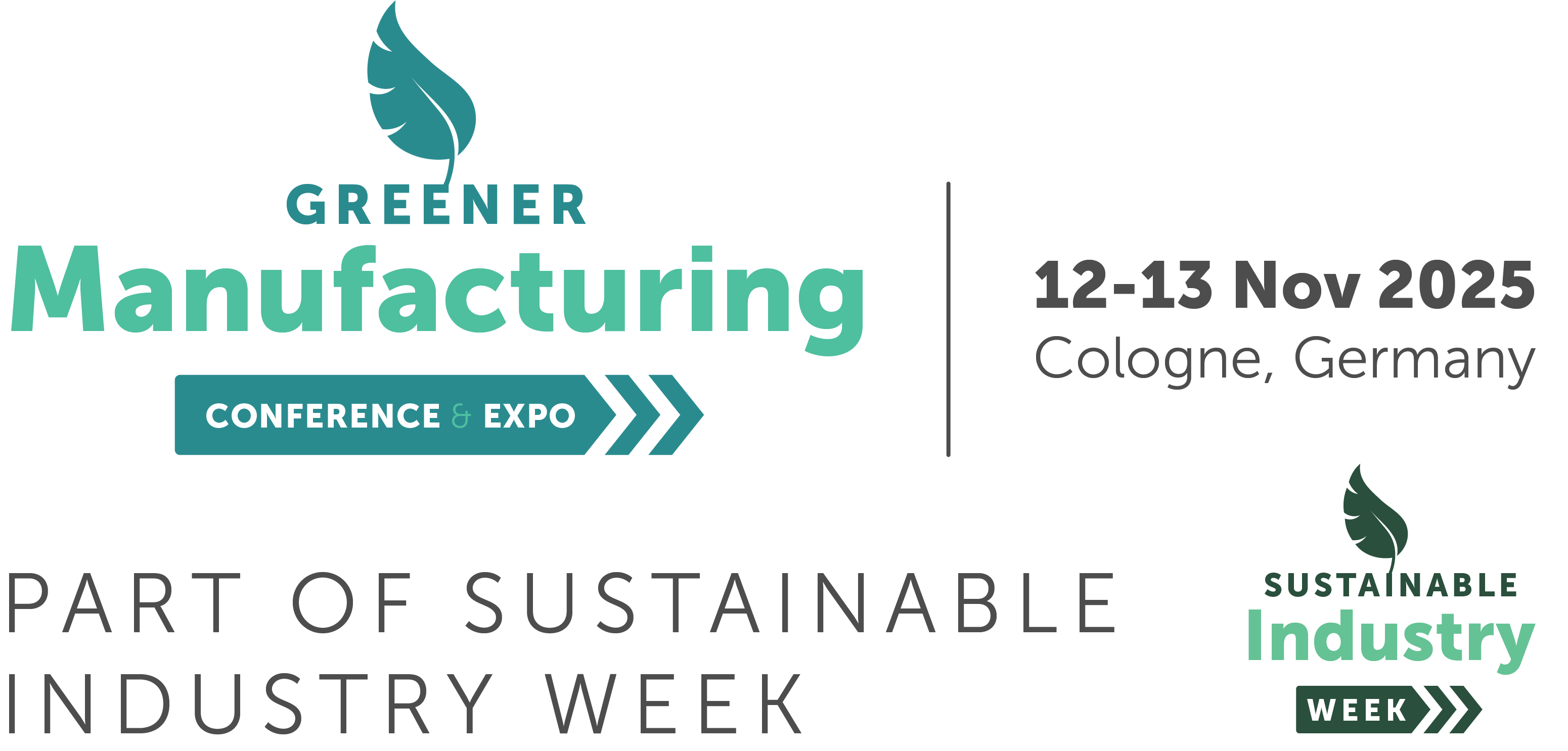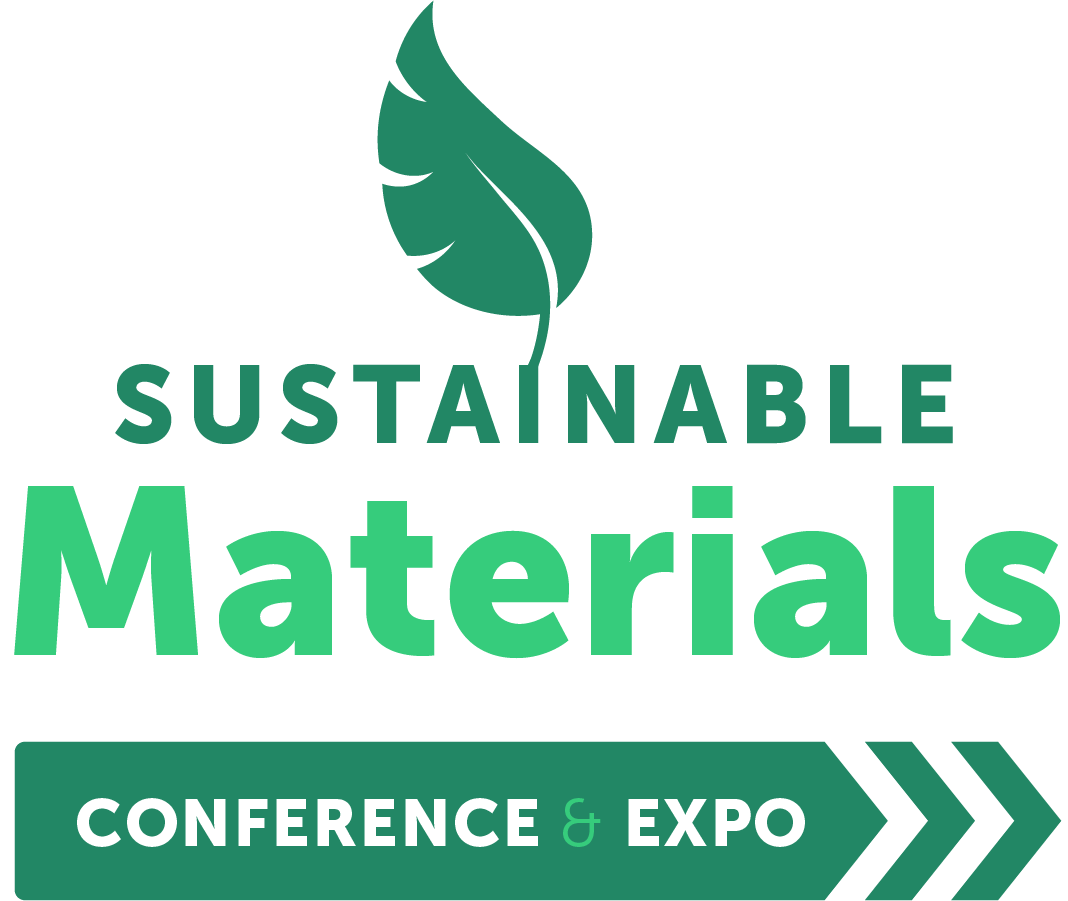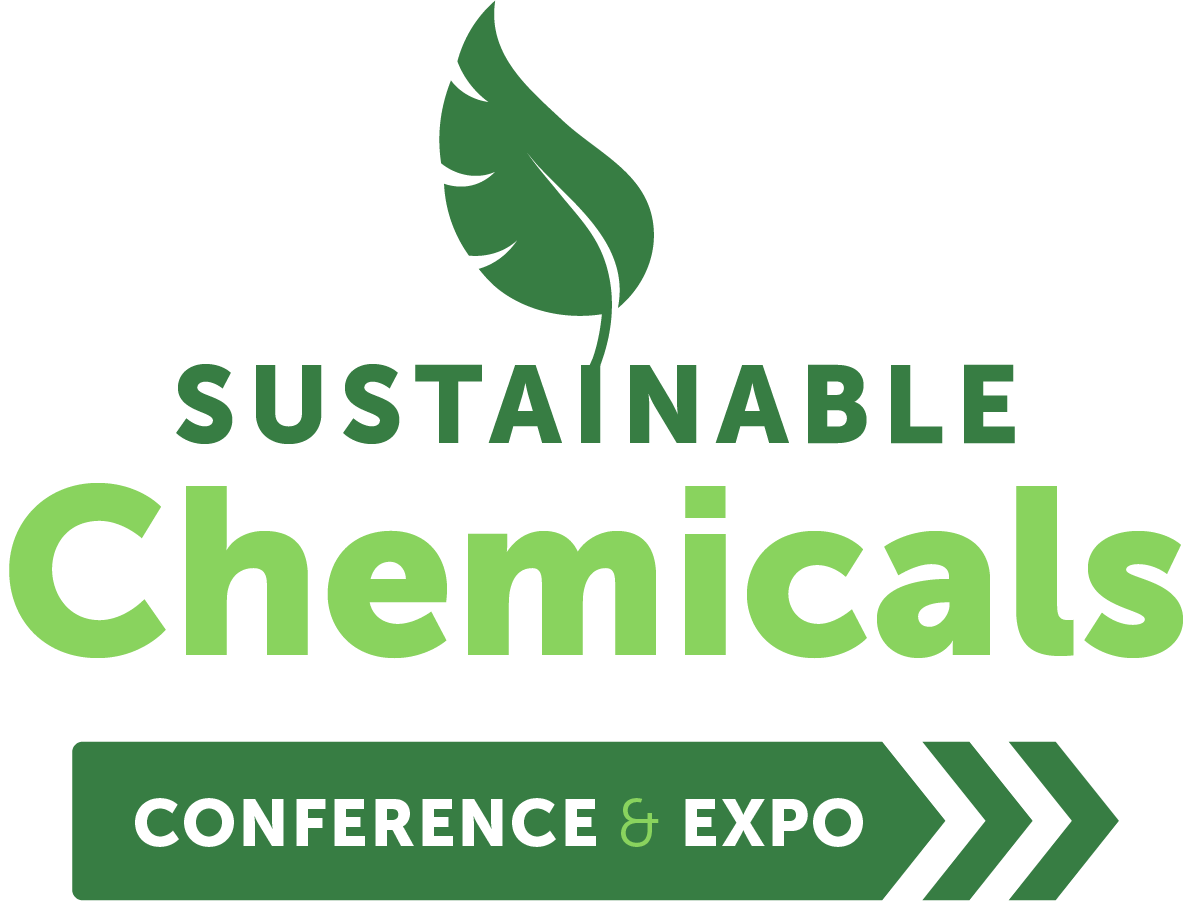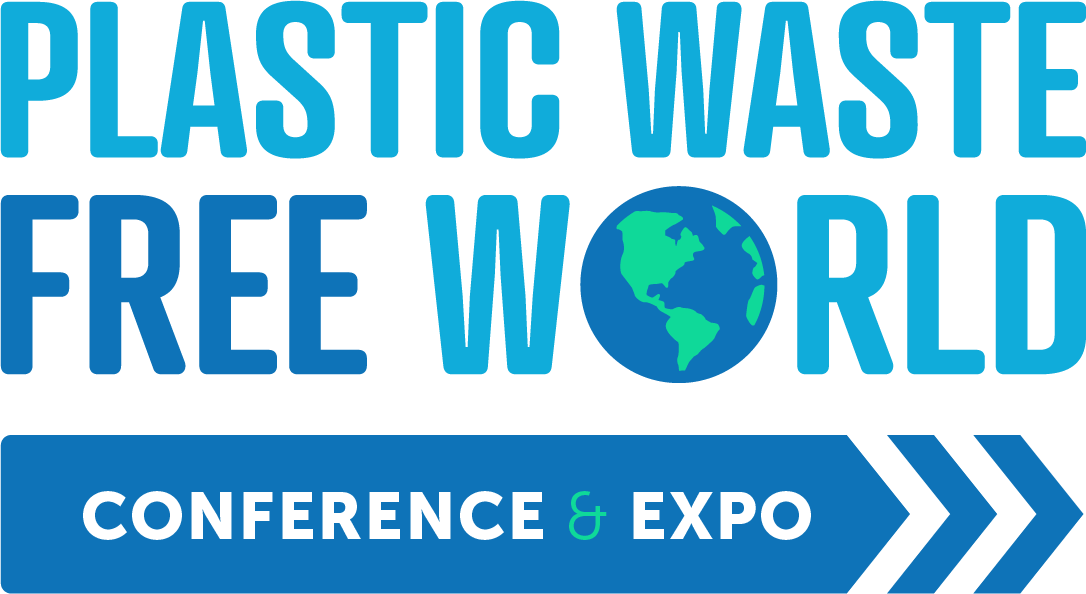Neste, Borealis and Covestro create partnership over recycling tyres into polycarbonates
)
A new collaboration between Finland-based Neste, Austria’s Borealis and Covestro has been created in order to focus on chemically recycling tyres, so that they can go on to be used to produce polycarbonate. Through doing this, these three companies are completing the closed loop system for the automotive industry and are also making use out of tyres once they have reached the end of their lives. So far, the project has been successful in manufacturing headlamps, radiator grilles and other car parts out of old tyres.
Covestro is a company which is well-known as one of the world’s largest polycarbonate producers and it was in 2021 that the company launched the first grade of climate-neutral polycarbonate. It was in 2023 that Covestro achieved a large milestone with their polycarbonate chemical recycling technology. Plus, after multiple successes, the company is currently working to develop their chemolysis process to pilot scale, with the intention of achieving a continuous process that can go on to be scaled industrially.
This innovative project first started, once Neste, the Finnish refiner experimented with applying their liquefaction technology to tyre waste. This experiment resulted in a material being produced which in the processing run, completely met the relevant quality requirements, therefore validating the suitability of chemical recycling for processing waste materials beyond plastics. Throughout the trial run, Neste chose to source the pyrolysis oil from Scandinavian Enviro Systems, who are a Swedish company, known for developing pyrolysis technology which is used to extract carbon black and oil from end-of-life tyres.
The first step in this innovative process, created by the three companies, is to liquefy old tyres into oil via pyrolysis. Once this is done, Neste proceeds to refine the pyrolysis oil into a high-quality material, which will then be suitable for chemicals and polymers manufacturing.
To make all of this possible, part of the collaboration involves Neste supplying Borealis with the required refined pyrolysis oil and from here. Borealis processes it into base chemicals, phenol and acetone. Covestro takes these base chemicals and uses them to create polycarbonate. After this process is complete, the material can then be used to manufacture new car parts, such as head lamps and radiator grills. Whilst this is occurring, the companies ensure that all the recycled content is being attributed via an ISCC-plus certified mass-balance method.
So far, the project has been successful as the new collaboration has already been able to produce the first products, which are currently up for sale. This was achieved as each company has already managed to create the first batch of their respective contribution.
As the project is clearly a success so far, the companies have spoken about the potential to manufacture products other than polycarbonates. This could include polyurethanes as an end product and these could become an interior part of the car.
Senior vice president, head of sales and market development mobility at Covestro, Guido Naberfeld, commented, “Circularity requires cooperation, and this cooperation with our partners Neste and Borealis is testament to the possibilities at our disposal. We are creating options to turn old tyres into new car parts again. With that, we are supporting our automotive customers and addressing an increasingly prominent question discussed across the value chain: How to match high-performance materials with recycled content? Projects like this can be the answer.”
The companies stated that, ‘the potential to scale-up these types of developments should be considered when setting ambitious targets for future EU regulations, such as the End-of-Life Vehicles Regulation. That regulation mandates, for example, that 25% of plastic used to build new vehicles is recycled.’
Vice president value chain development for polymers and chemicals at Neste, Jeroen Verhoeven, mentioned, “This project can serve as a blueprint when it comes to establishing circularity in the field of plastics in cars. It shows how low-quality waste materials can be turned into very high-quality plastics. This is good news for the polymers and automotive industries as well as for the environment.”





